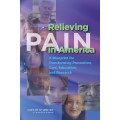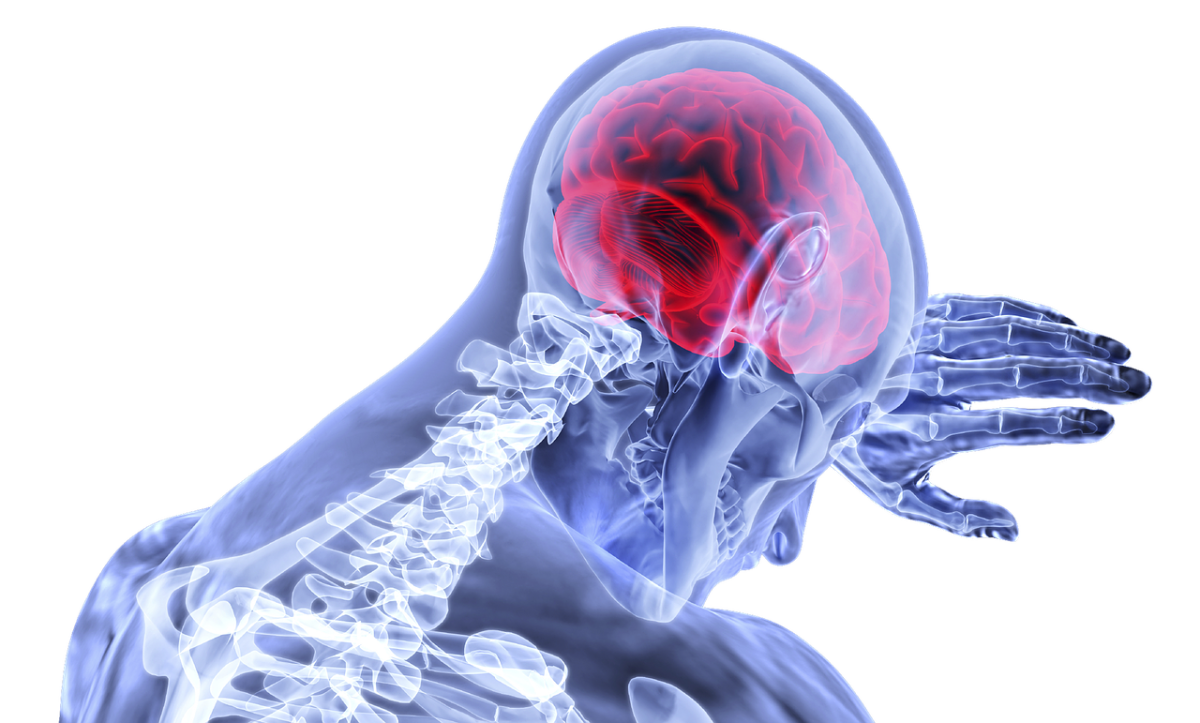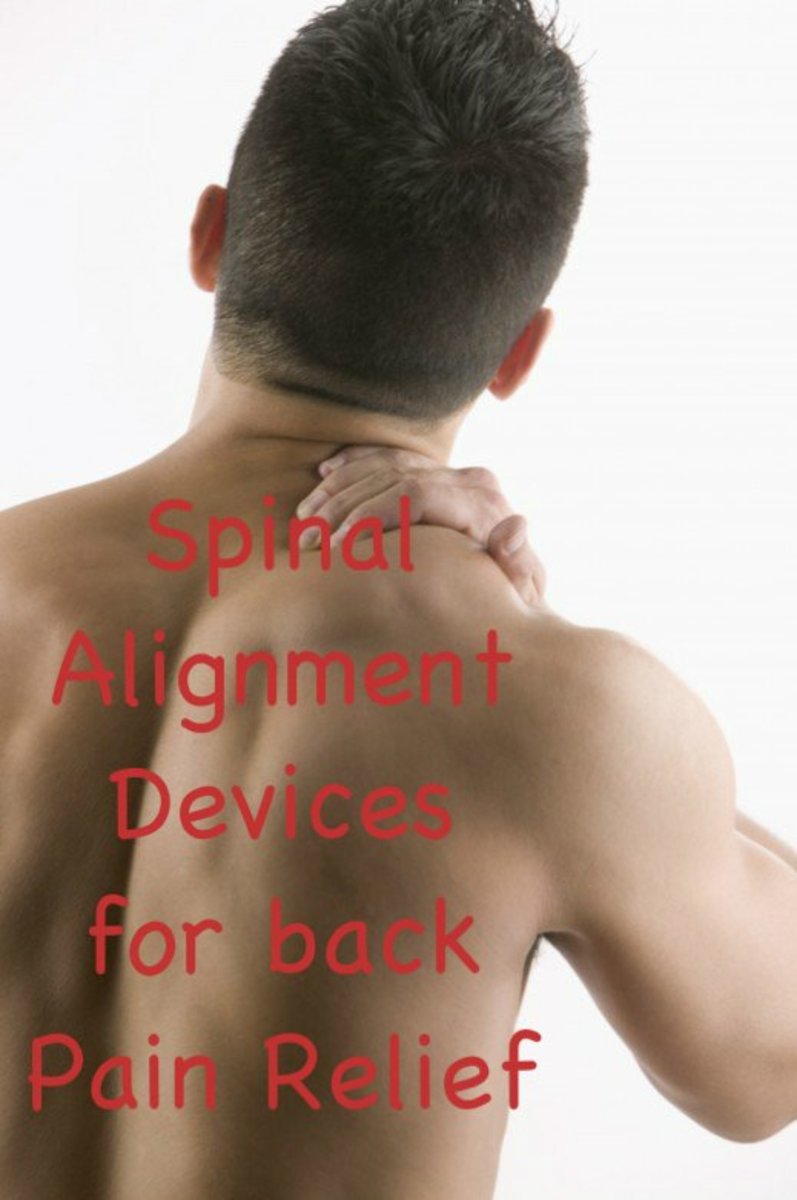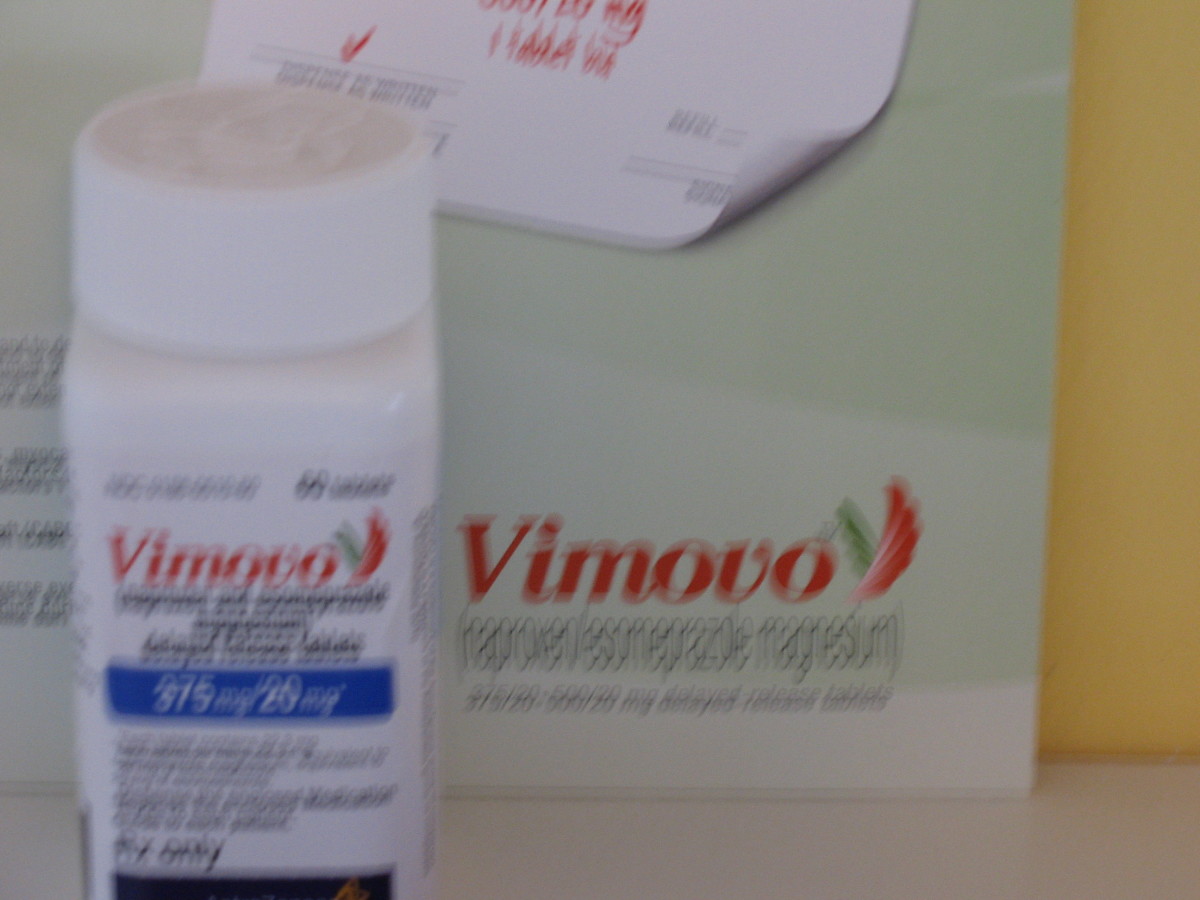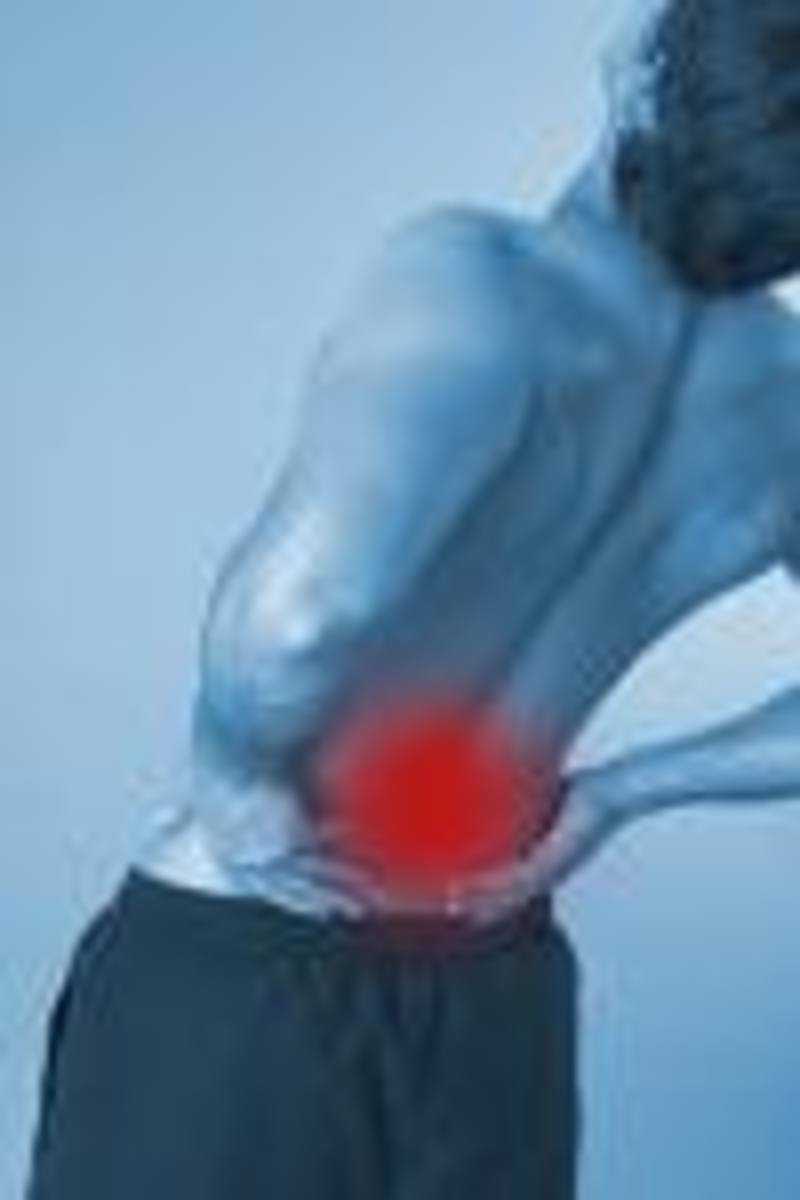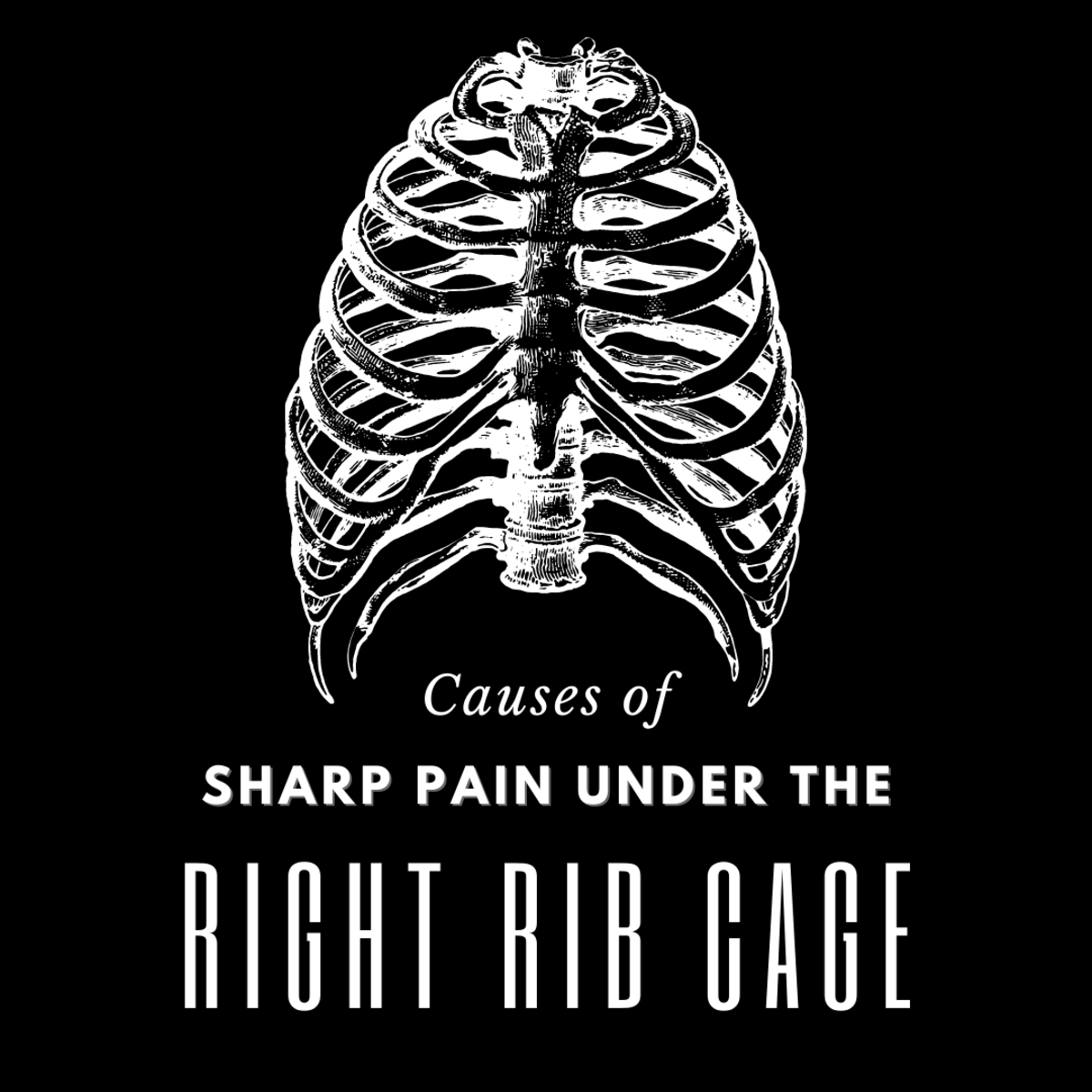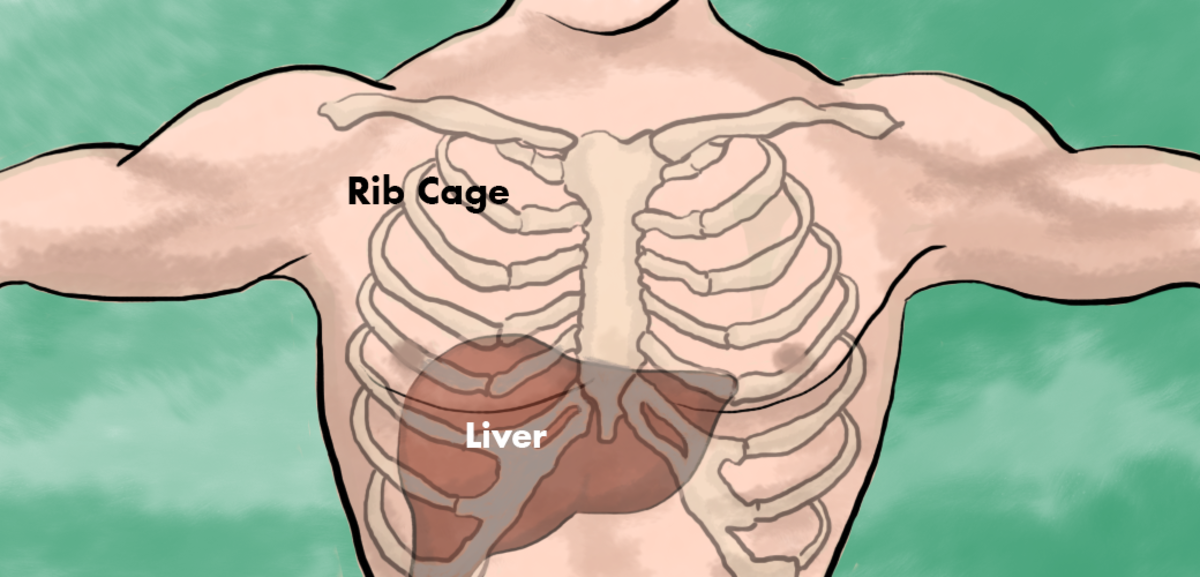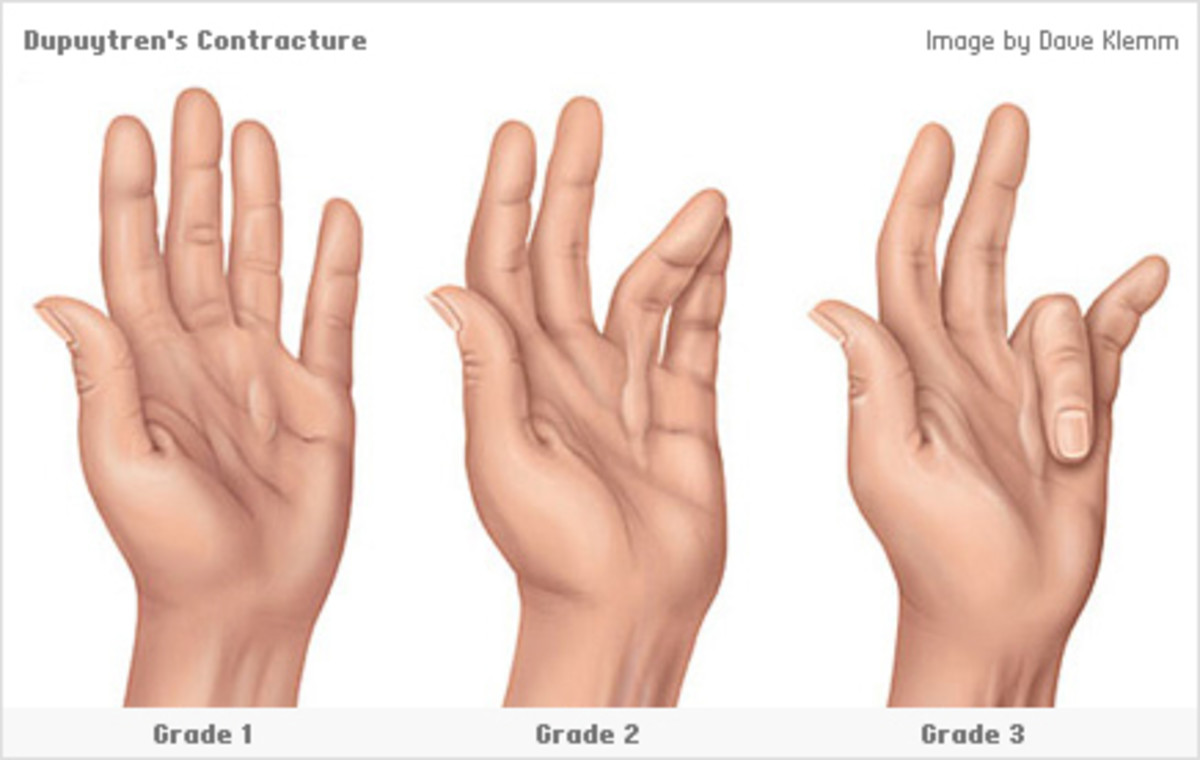- HubPages»
- Health»
- Diseases, Disorders & Conditions»
- Chronic Pain
Pain Relief without Oral Medication
I Am Not a Doctor
I am not a doctor. I don't want to give that perception at all. I suggest anything you read from me to be verified by a physician before you take any action. I am only offering suggestions for evaluation for your specific needs. I hope they are helpful.
The purpose of this hub is to provide some information that is not generally available to the public. There are a lot of reasons why the information is not normally available - and I can go into some of them. but better yet I hope you will glean something of value that is helpful for your own situation.
Pain is a terrible thing for some people. It can come in a number of ways and everyone experiences some pain at some time. Some unfortunate people have quite a bit of pain and have to deal with it in any number of ways.
Let's first divide what we are talking about into acute pain and cronic pain. Acute pain is something that comes upon you quickly - a broken leg or slamming your hand in the car door. Cronic pain is something you develop over time and it may increase or decrease (sometimes you just get used to it). Dealing with the differences of pain requires evaluation of the source and if there are appropriate means to treat the problems.
If you drive down any highway in the United States today - you will see signs all over the place offering help with pain and pain management. It used to be if you had some pain problem, you went to your local medical provider and he/she would provide you something that might help. Today it is a whole new medical industry - pain management - and a whole new wing of many hospitals. Independent pain facilities pop up everywhere. Anesthesiologists with special additional training are pain management doctors.
So where do you go if you have a problem? My advice is to first go to your primary care giver to begin with. This health care provider knows your medical history - and possibly that of your family. They have other insight that another doctor may not. Your medical condition may often be a manifestation of a problem you need to have treated. IF they look into your case and suggest you contact a pain management doctor, then do the research to see just who knows about what your pain area is.
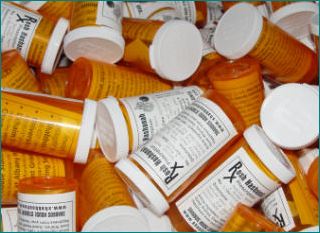
Alternatives to Oral Medications
Oral medications may involve antibiotics, meds for all kinds of conditions from vascular, cholesterol, to impotence, hypertension, and so on. Some people are taking vitamins in heavy doses as well (another story that needs further information). So what happens with all of those meds going into your system all day long? Do you ALWAYS tell ALL of your medical support people about ALL medications you are taking? Have you ever had your pharmacist tell you not to take one medication if you are taking another one - and you did anyway?
Now you have pain and a doctor prescribes a pain medication for you and you are going to take it along with all the other meds you are already swallowing. What are the interactions? Do you know for sure? Does your medical professional know? Who was their source of information?
Back to the question, is it some kind of pain that is sudden (acute) or some kind of chronic pain that you have had and probably will have to some degree going forward? What kinds of pain can be treated without oral medications? Who can use non-oral applications? Do they work?
Prescription pharmaceutical misuse is rampant. The Centers for Disease Control recognize this problem in a recent report http://www.whitehouse.gov/ondcp/prescription-drug-abuse
Use of Electrical Stimulation and Dry Needling
It is possible to find relief from some types of pain utilizing electrical stimulation. The way e-stim works is accepted by most medical professionals. The concept behind it is that by creating a situation in a particular area of the body that signals to the brain a significant issue has been identified - the brain then sends the message to create and deliver endorphins to that sight. Endorphins are known by science to be extremely powerful self-created pain relief. There are several kinds of machines that do this - the earliest and most common are referred to as TENS or transcutaneous electrical neuro stimulation machines. More recently top companies have created portable take home units that have IFC or interferential current, that is over 40 times more powerful than TENS and is equivalent in some cases to what is actually utilized in physical therapy clinics. One such unit is the NexWave by Zynex Medical having both TENS and IFC available in one unit that is often covered by insurance. Medicare is much more selective now on covering these kinds of units.
Dry Needling or Acupuncture is an ancient form of utilizing specific pain points to find relief. It takes significant and specific training but a lot of people swear by the results. Be sure your provider is ALWAYS using new, clean, needles. They are paid well enough that this is always the case.
Summary
- ASK your medical provider for alternatives to oral medications.
- Consider electrical stimulation, TENS or IFC, for pain relief
- Physical Therapy can often provide long term relief from pain.
- Ask your medical provider for alternatives that include transdermal creams.
- Ask your medical provider to do DNA testing for efficacy
- Find a way back to your job and keep drugs out of your whole system.
New Compounded Transdermal Pain Creams
Growing up there was a commercial for a product that I remember to this day. It was Aspercreme and the idea was putting aspirin in a form that could be absorbed across the skin to the specific area that hurts and "break the grip of pain."
For many decades pharmacists have been able to make products specific to the needs of a patient as prescribed by their physician. A physician has the legal ability to write a prescription telling exactly what he wants a pharmacist to blend together in a cocktail of medications and it will be very specific to that patient. That process is called compounding. Some of these compounded pharmaceuticals may come in the form of pills, but more likely they will come in the form of a cream. The base the medications are blended into are products that quickly transport products from the surface of the skin down deep into the tissue of the affected area. The more interesting part of this is the drugs in the base - are not likely to be very systemic - that is to spread throughout the body. This us usually a good thing.
So why would you want a compounded pain cream instead of just taking a pill? One reason is problems with addiction. If a doctor knows you have had problems in the past with oral pain medication addiction, he/she may offer a pain cream you just rub on the site in hopes of providing relief from the pain that also may keep you from falling back into an addiction situation.
It could be that your system is not very tolerant to oral medications or maybe you are just taking too many different kinds. Possibly interaction is an issue - or you have a compromised immune system. Again, if it is correct for your situation, your doctor may provide a transdermal cream for a specific area of pain. This may well replace 4-5 oral medications all in the one cream. If they do not come up with the idea for it - maybe you can ask them if there is an option.
What if you want to go back on the job, but you are having pain, say in your hand or shoulder that makes it uncomfortable on the job. The other problem is your jobsite does random drug testing and you can't be working while taking oral medications that may cause you to be sleepy or dizzy or not pass a urine analysis. Test the pain cream for effectiveness first. Does it help? If so, then use it and after use ask your doctor to do a urine analysis to see if it shows up in your urine. It most likely will not - so you will be able to have relief from pain and at the same time be able to return to your job without fear of a problem.
Wrapping it Up
Americans aren't the only ones that over-use prescription drugs. Oftentimes what Americans have as prescription drugs are much more readily available over the counter in other countries. Find alternatives to things your swallow to reduce the problems of running every drug you take through your liver, kidneys and gut. Only treat the area of pain - not your entire body.
Communicate with your health care provider. They can only make decisions based on the information you provide them.

